From Silence into Solutions: CLM's Impact on Healthcare at Chiringa, Phalombe
- Jan 8, 2025
- 3 min read

At the beginning of the project, the communities identified persistent issues at Chiringa CHAM Health Centre in TA Nazombe, and parts of TA Nkhulambe, Phalombe District; such as scabies, cholera, HIV, TB, and malaria, exacerbated by myths and inadequate hygiene.
They reported that patients encountered disrespectful treatment, long waiting periods, insufficient medical supplies, and inadequate communication, leading to mistrust and avoidance of the facility. Despite grievances being submitted via suggestion boxes, no corrective actions were taken.
However, the Community-Led Monitoring (CLM) approach through the COVID 19 Response Mechanism (C19RM) project, funded by the Global Fund and executed by Action Aid Malawi through CRECCOM, has brought positive change.
CLM is a process where communities, especially those who utilize health services, take the initiative in recognizing and regularly monitoring the issues important to them. This approach led to the formation of Community Health Action Groups (CHAGs), and in Chiringa, 12 CHAGs were created.
This has enabled the community to express concerns and push for improved services, turning the health center into a model of empowerment, collaboration, and enhanced outcomes.
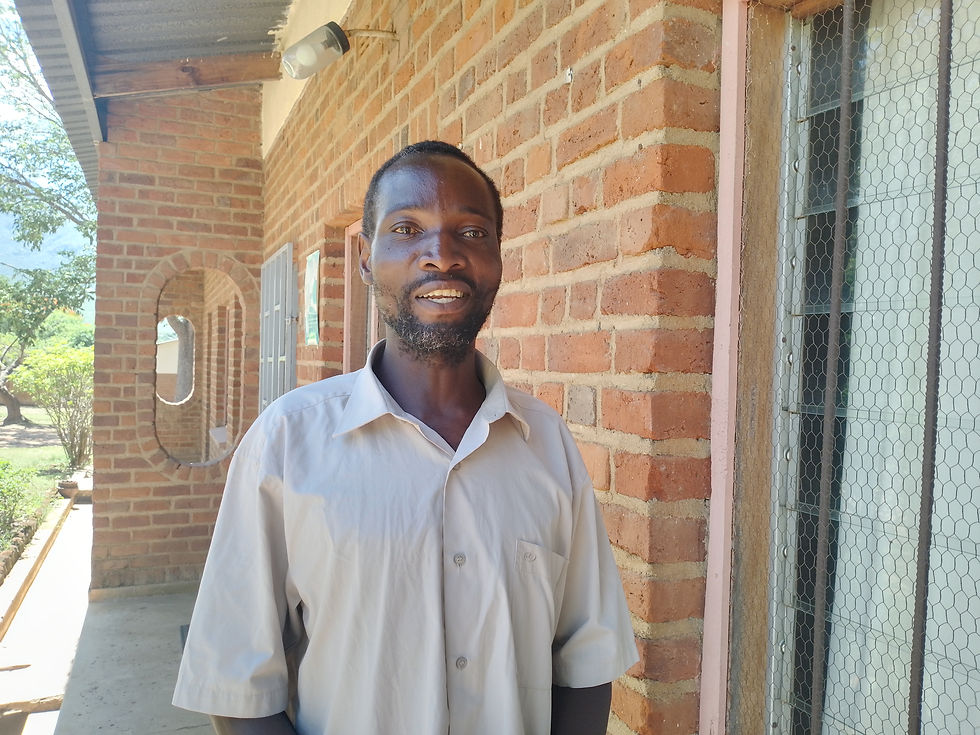
Leonard Misiyasi, CHAG Chairperson for GVH Thamanda, recalls past challenges with pandemics like cholera and scabies. He notes that through the project, the community learned the importance of hygiene, leading to most households having proper toilets and handwashing facilities. Scabies is now understood as a hygiene issue, not a myth.
"The project has significantly reduced waterborne diseases, resulting in a healthier population. Children miss fewer school days, and adults are more productive, enhancing economic growth as healthier individuals participate more actively in local activities", said Misiyasi.
Misiyasi adds that the community feels more united, working together to combat pandemics, understanding that change begins with them.
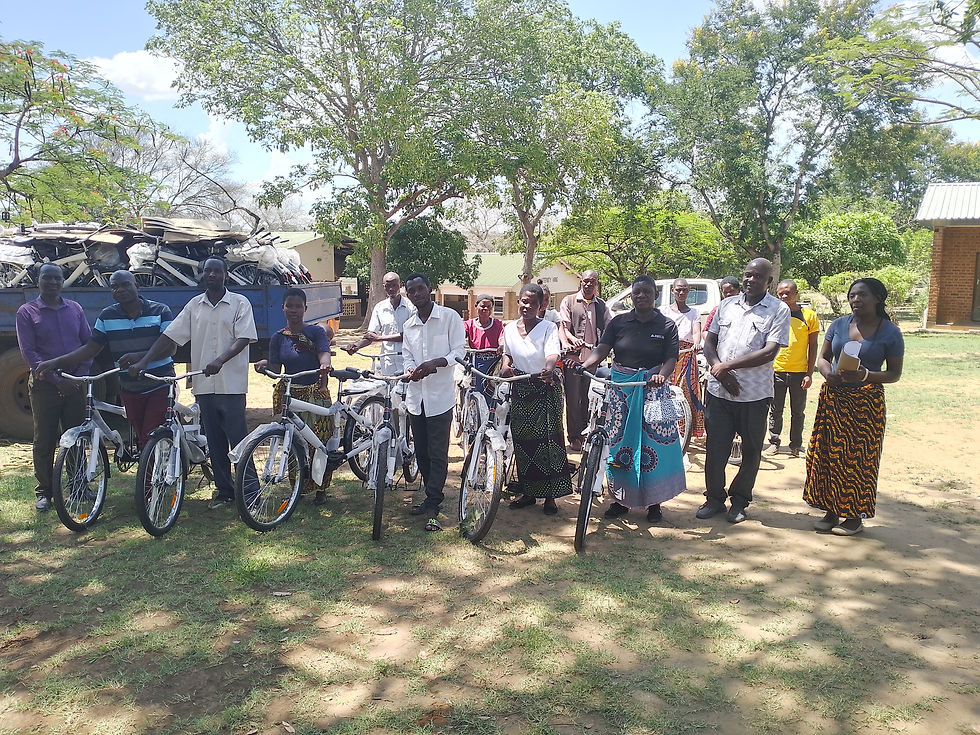
A major breakthrough occurred when the community addressed the lack of TB diagnosis facilities. Patients previously waited months for test results, but with community advocacy through CLM, Chiringa CHAM received a GeneXpert machine, reducing wait times and improving treatment uptake.
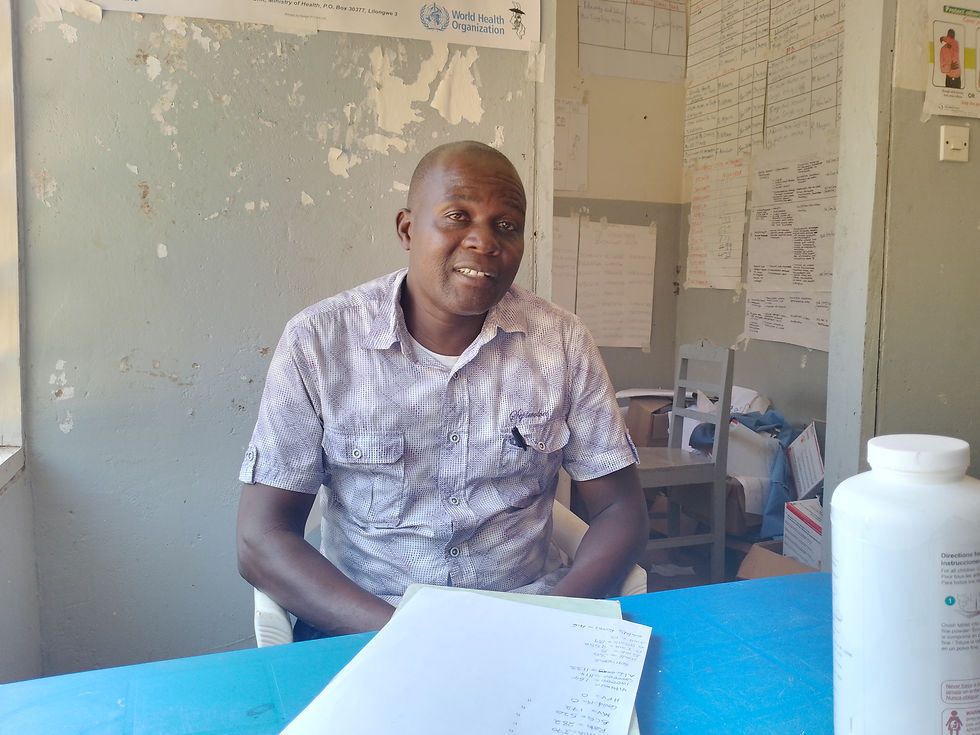
Maison Kameta, Senior Health Surveillance Assistant at Chiringa, explains that in the past, many people hesitated to adhere to TB or antiretroviral treatment because of delays and frustration.
"Now, individuals recognize that their health is their own responsibility. On the other hand the GeneXpert machine has allowed for prompt diagnoses, greatly improving the uptake of medication", said Kameta.
Shorter wait times for TB diagnosis allow patients to start treatment much earlier, resulting in improved health outcomes. Early treatment decreases the risk of transmission within the community and minimizes the likelihood of disease-related complications. This prompt access to care also motivates more people to seek and stick to treatment, further boosting overall public health.
The initiative has also cultivated mutual respect and understanding between healthcare workers and the community. Service providers now treat patients with dignity, and patients feel empowered to voice concerns when issues occur.
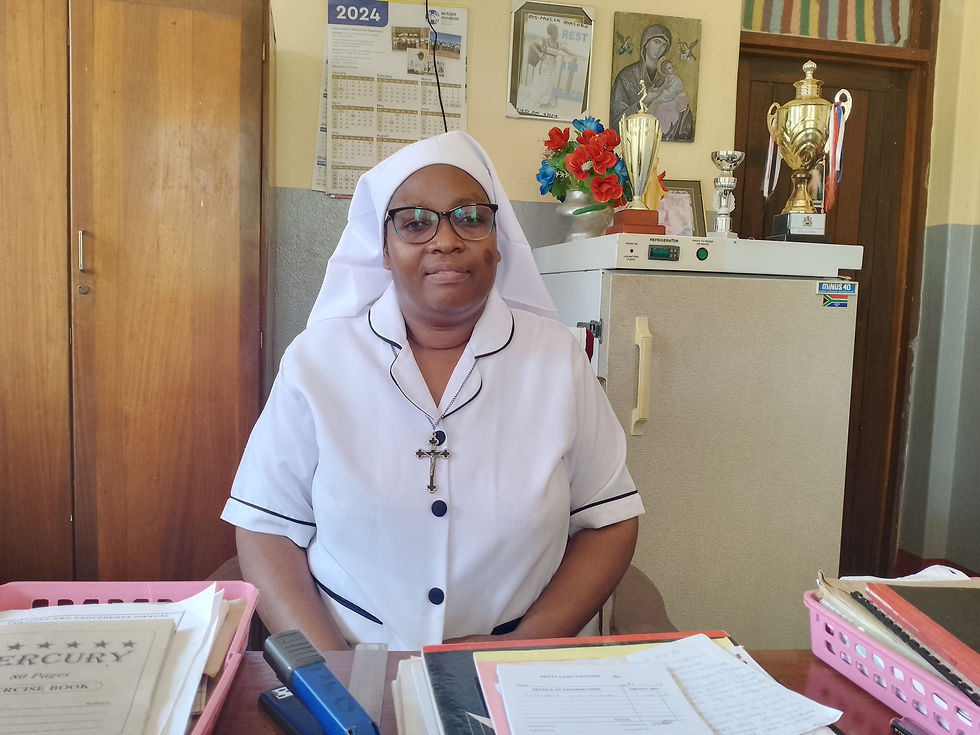
“We have a strong working relationship now,” states Sister Rose Maziko, the Facility In-Charge at Chiringa Health Centre. “We understand the community's actions, and they grasp what we are doing. The number of patients has declined because people are learning disease prevention. Mutual understanding in healthcare is vital as it builds trust and cooperation between patients and providers. When patients feel respected and valued, they are more likely to follow treatment plans and communicate openly about their health issues. This collaboration results in more accurate diagnoses, effective treatment outcomes, and ultimately, a healthier community."
Community Data Collector Hana Kantemera echoes this view: “During one of our engagements, community members mentioned they didn’t sleep under mosquito nets because they didn’t have them. Thanks to this project, the government responded, and mosquito nets were distributed. People now realize that their voices can lead to real change.”
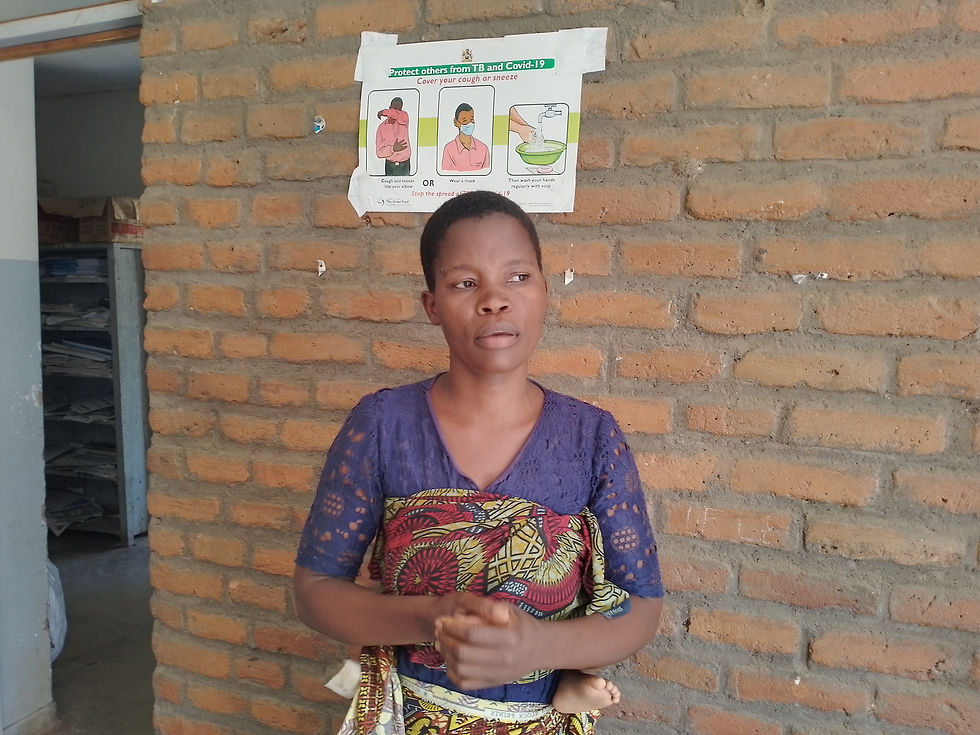
Chiringa's transformation underscores the influence of community-led initiatives. By fostering collaboration, addressing systemic challenges, and empowering individuals to manage their health, the interventions of the COVID-19 Response Mechanism project have transformed obstacles into successes.




Comments